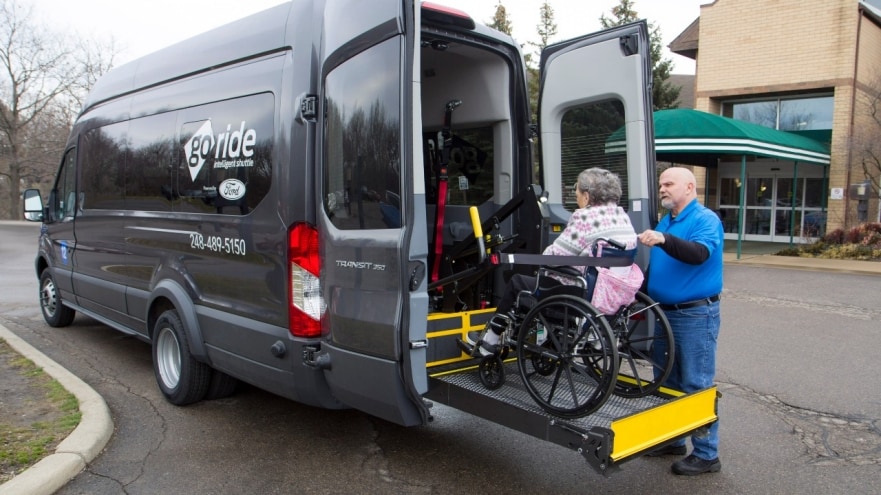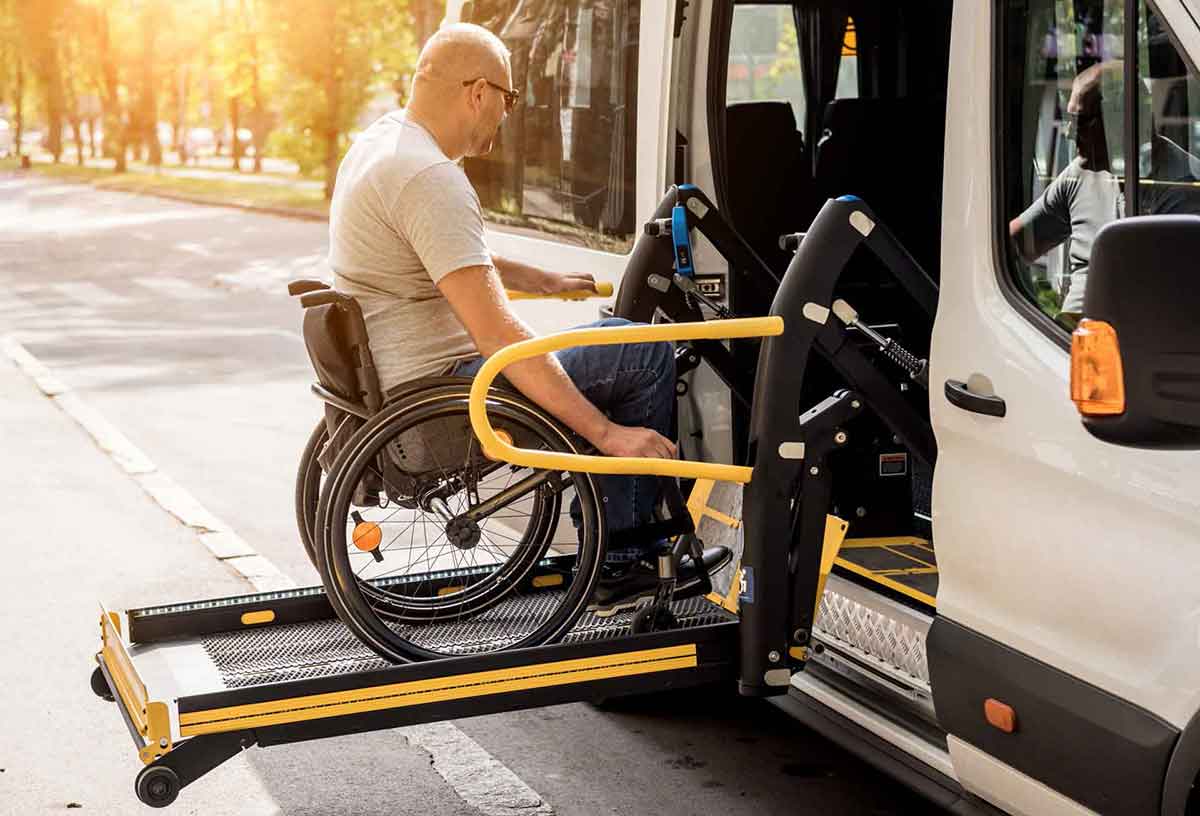Accessible Medical Transportation Solutions: Putting Your Wellness First
Accessible Medical Transportation Solutions: Putting Your Wellness First
Blog Article
Budget-friendly and Accessible Medical Transport Options for each Circumstance
In the world of healthcare, the capacity to accessibility medical solutions is paramount, yet the challenge of inexpensive and accessible transportation can usually hinder individuals from obtaining necessary care. By checking out customized medical transport services, neighborhood transport programs, ride-sharing and taxi services, non-emergency medical transport, as well as public transit and paratransit alternatives, people can discover opportunities that provide to their certain demands and ensure they receive the care they require.
Specialized Medical Transport Services
Specialized medical transportation solutions play an essential role in making certain secure and efficient transportation for individuals requiring specialized treatment throughout transit. These solutions cater to clients with special medical needs, such as those needing consistent monitoring, specific equipment, or medical interventions throughout transport. By making use of specifically equipped cars and trained medical employees, specialized medical transport solutions make sure that individuals receive the essential care while being delivered between healthcare facilities, residences, or various other places.
One trick aspect of customized medical transportation solutions is the focus on individual comfort and security. Clinical transportation groups are educated to manage numerous medical problems and emergencies that may emerge throughout transit, giving a higher degree of treatment than conventional transport options. Furthermore, these solutions frequently use door-to-door help, lessening the stress and anxiety and pain that patients might experience throughout transfers.
Neighborhood Transport Programs
Having dealt with the essential function of specialized clinical transport services in ensuring risk-free and efficient transport for individuals with one-of-a-kind clinical needs, the focus currently changes to checking out Neighborhood Transport Programs - medical transportation. These programs play an essential role in supplying affordable and available transport solutions for the basic populace, consisting of elders, people with impairments, and low-income family members who might face obstacles in accessing traditional transport alternatives
Neighborhood Transport Programs incorporate a range of services such as fixed-route buses, paratransit solutions, volunteer driver programs, and ridesharing efforts. These programs are typically subsidized by city governments, non-profit organizations, or personal business to ensure that people have dependable transport choices to reach clinical visits, grocery store stores, social tasks, and other vital destinations.
Ride-Sharing and Taxi Services

Among the key advantages of ride-sharing and taxi services is their access. These services run 24/7, my review here permitting individuals to travel to medical appointments, pharmacies, or healthcare facilities at any kind of time of the day. Furthermore, ride-sharing and taxi services provide to individuals with wheelchair difficulties by providing wheelchair-accessible cars my website upon request.
Additionally, ride-sharing and taxi solutions can be especially useful for individuals residing in areas with limited public transportation choices. By connecting the void between home and healthcare centers, these solutions play a vital duty in making certain that every person has access to important clinical solutions.
Non-Emergency Medical Transport

Non-Emergency Medical Transport service providers typically employ qualified workers that are experienced in aiding people with varying medical needs. By providing door-to-door service, Non-Emergency Medical Transport enhances the overall ease of access of health care for individuals who may or else struggle to go to critical medical consultations.
Public Transit and Paratransit Options
Public transit and paratransit options provide vital transportation solutions for individuals with differing movement requirements, making sure accessibility to essential locations such as medical centers and appointments. Public transportation systems, including buses, trains, and trains, offer a cost-effective and extensively readily available setting of transport for individuals seeking to get to medical appointments. These solutions are especially helpful for those that may not have accessibility to exclusive cars or call for support as a result of wheelchair challenges.
Paratransit services cater specifically to individuals with disabilities that are incapable to use conventional mass transit. These services provide door-to-door transportation, fitting individuals with mobility devices, pedestrians, or other wheelchair aids. Paratransit vehicles are geared up with attributes such as mobility device ramps and securement systems to guarantee the risk-free and comfy transport of guests with varying flexibility demands.

Conclusion

Report this page